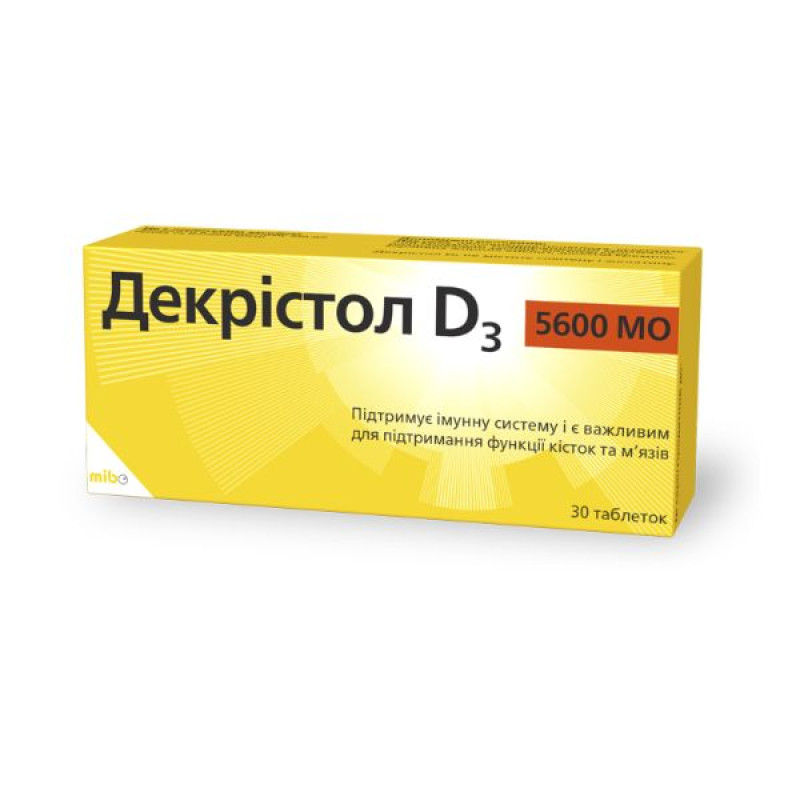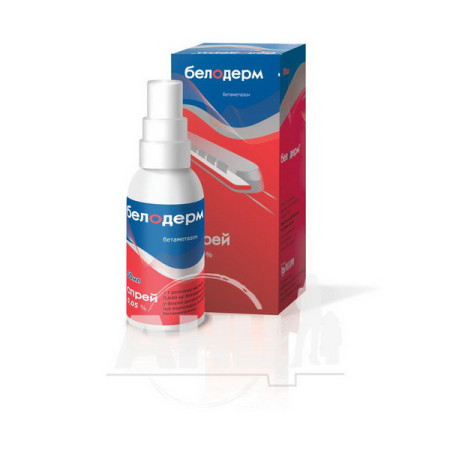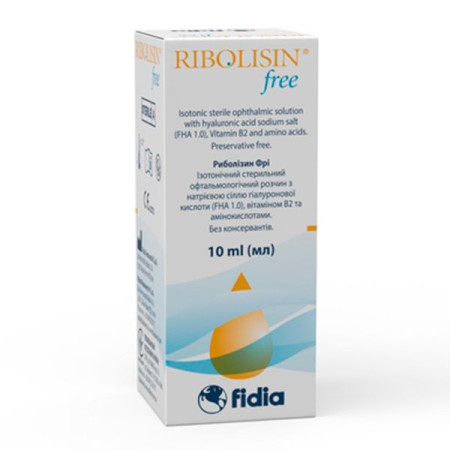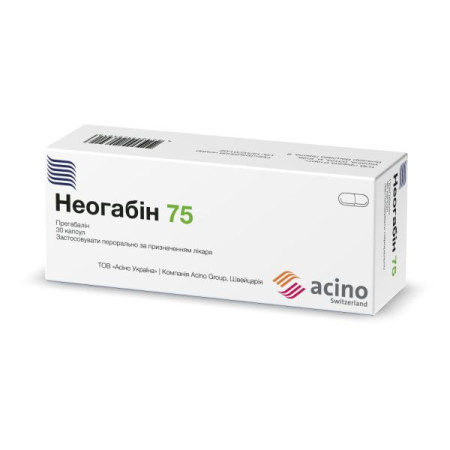Dekristol D3 5600 IU tablets No. 30

Instructions for Decristol D3 5600 IU tablets No. 30
Composition
Mannitol, microcrystalline cellulose, magnesium salts of food fatty acids, cholecalciferol.
Decristol® D3 5600 IU does not contain lactose, fructose, gluten and gelatin.
GMO-free.
Nutritional (nutritional) and energy (calorie) value per 100 grams (g):
proteins – 0.06 g (g),
fats – 1.01 g (g),
carbohydrates – 68.45 g (g),
1192 kJ (kJ)/281 kcal (kcal).
| Substance | For one tablet |
| Vitamin D3 | 140 mcg (mcg) (5600 IU [IU]) |
Vitamin D dosage is sometimes expressed in units of “IU,” or international units, and sometimes in units of “mcg,” or micrograms. The conversion is as follows: 1 mcg = 40 IU; 1 IU = 0.025 mcg; 5600 IU = 140 mcg.
Method of administration and doses
Take 1 tablet per week, during meals, with plenty of liquid.
Reservation
Should not be used as a substitute for a complete diet.
Keep out of reach of children.
In case of overdose, it may have a laxative effect.
Store at a temperature not exceeding 25 0C and in a place protected from moisture.
General characteristics
Vitamin D
contributes to the normal functioning of the immune system
contributes to the maintenance of normal bone condition
contributes to normal muscle functioning
promotes normal absorption/assimilation of calcium and phosphorus
helps normalize calcium levels in the blood
helps maintain teeth in normal condition
participates in cell division
Vitamin D, also called cholecalciferol, can be produced by the human body on its own. The condition for this is that sufficient ultraviolet light reaches the skin. For this reason, vitamin D is often simply called the “sunshine vitamin.”
Therefore, sunlight is necessary for sufficient intake of vitamin D into the body. The ultraviolet spectrum of sunlight ensures the conversion of the provitamin into its active form. Vitamin D is not just a classic vitamin, but a D-hormone that regulates about 2000 genes in the human body, affecting the immune, reproductive, respiratory, bone and muscle systems. Specific VDR receptors for vitamin D have been found in more than 40 different organs of the human body.
How much sunlight is needed?
The amount of daily sun exposure needed varies. Getting enough vitamin D from sunlight depends on location, time of day, season, skin color, age, weight, lack of sunscreen, extent of body exposure, and the presence of mutations in the vitamin D receptor. The table below shows the recommended amount of sun exposure:
Duration of solar radiation at…
skin type I/II (skin color from light to very light, light red or blond hair, blue or green eyes) | skin type III (medium skin tone, dark hair, brown eyes) | |
| March-May | 10-20 minutes | 15-25 minutes |
| June-August | 5-10 minutes | 10-15 minutes |
| September-October | 10-20 minutes | 15-25 minutes |
These figures apply to the midday time from 12 to 15 hours. In the period before or after noon, it is recommended to double the indicated time.
The body's ability to produce vitamin D on its own decreases with age. For this reason, older people should pay special attention to spending enough time outdoors in the summer months. If the body does not produce enough or does not produce vitamin D on its own, it needs to get more of this vitamin from food. The need for vitamin D from food increases the less time a person spends in the sun. In winter, in our latitudes, sunlight is usually not enough to produce the required amount of vitamin D in the skin. At this time, the body is provided with vitamin D from its own reserves.
Vitamin D is universal
In recent years, much new information has become known about vitamin D. Vitamin D helps strengthen muscles and bones in people of all ages. In addition, vitamin D is known to be involved in further metabolic processes in the body, as well as performing a variety of other functions. Vitamin D supports the immune system and helps maintain normal teeth, as well as the absorption of calcium and phosphorus and the regulation of calcium levels in the blood. This is due to the fact that almost every cell has vitamin D receptors.
Do not exceed the recommended daily intake.
It is not a medicine!
Dietary supplement with vitamin D3.
Expiration date
3 years.
Producer
Name and address of the manufacturer: mibe GmbH Arzneimittel Münchener Strasse 15, Brena, Saxony-Anhalt, 06796, Germany
The manufacturer's representative in Ukraine, who performs functions related to accepting claims from consumers and is responsible for the quality and safety of the product:
LLC "MIBE UKRAINE", 01021, Ukraine, Kyiv, Klovsky Uzviz Street, Building 13
Name, location and telephone number of the importer: LLC "MIBE UKRAINE", 01021, Ukraine, Kyiv, Klovsky Uzviz Street, 13
There are no reviews for this product.
There are no reviews for this product, be the first to leave your review.
No questions about this product, be the first and ask your question.












